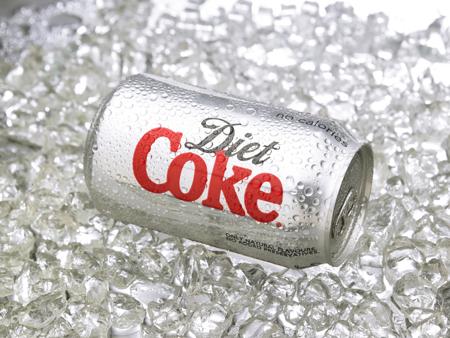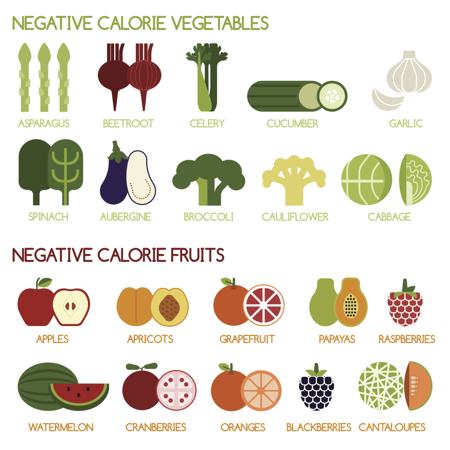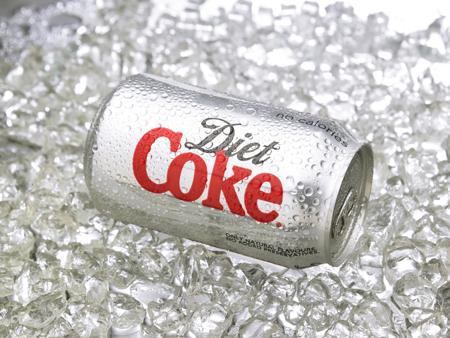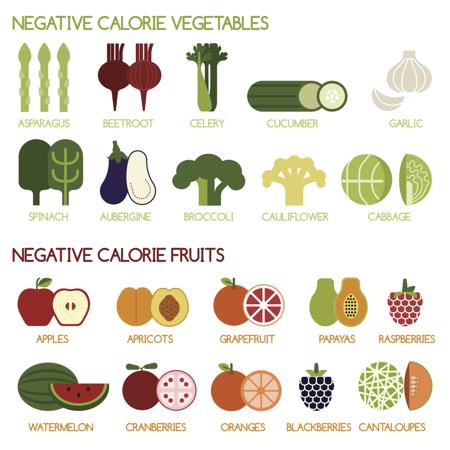6 Reasons Why a Calorie Is Not
In addition to TEF, the nutrient composition of food also affects how the body processes it. For example, fiber is not digestible by the human body, so it passes through the digestive system without providing any calories. However, fiber can help to reduce the absorption of other nutrients, such as sugar and fat, which can help to lower the overall calorie content of a meal.
The glycemic index (GI) is another factor that can affect how the body processes food. The GI is a measure of how quickly a food raises blood sugar levels. Foods with a high GI cause blood sugar levels to spike, which can lead to overeating and weight gain. On the other hand, foods with a low GI cause blood sugar levels to rise slowly, which can help to promote satiety and weight loss.
Overall, the body processes different foods in different ways, and this can affect how many calories are actually absorbed and used. There is no such thing as a "calorie is just a calorie." The nutrient composition and thermic effect of food can both impact how the body processes calories.
-
1800 Calorie Diet Plan
Human body needs a specified number of calories every day to keep all
-
1200 Calorie Diabetic Diet
The number of people suffering from diabetes is increasing the world o
-
Low Calorie Recipes
Apart from strict exercise regimes, you have another easy and tempting
-
Is Consuming 500 Calories a Day Healthy?
500 is a very large amount in terms of calories if you consume them in
-
Are Negative-calorie Foods a Myth or a Fact? Find Out NOW
Did You Know?Diligently following a very low calorie diet (VLCD) can r
-
Low Calorie Cocktails
Cocktails were known as drinks for the sophisticated and elegant, whic
- Low Calorie Diet
- 1200 Calorie Menu
- 500 Calorie Diet Plan
- 1200 Calorie Diet Plan
- 500 Calorie Diet Menu
- Low-Calorie Foods that Make You Feel Full
- 1800 Calorie Diabetic Diet Plan
- Does the 1000 Calorie Diet Work?
- Is Consuming 500 Calories a Day Healthy?
- Negative-calorie Foods: Is it a Myth or Fact?
- 2000 Calorie Diet Plan



